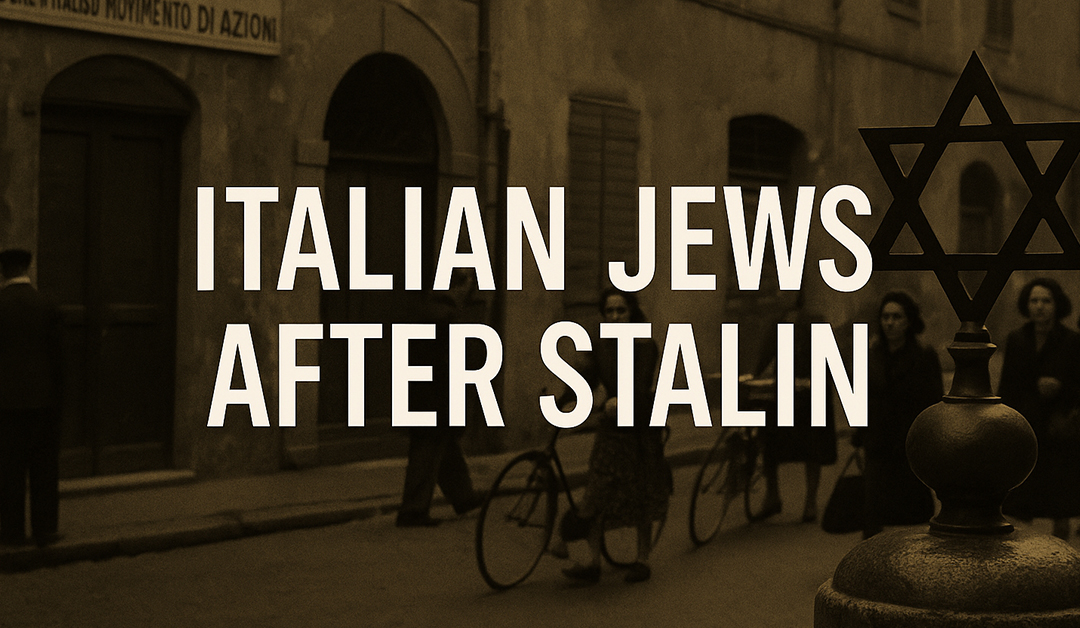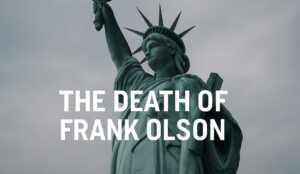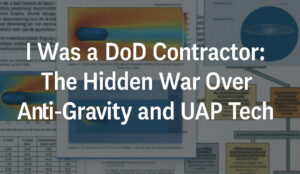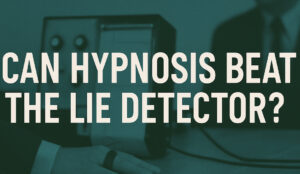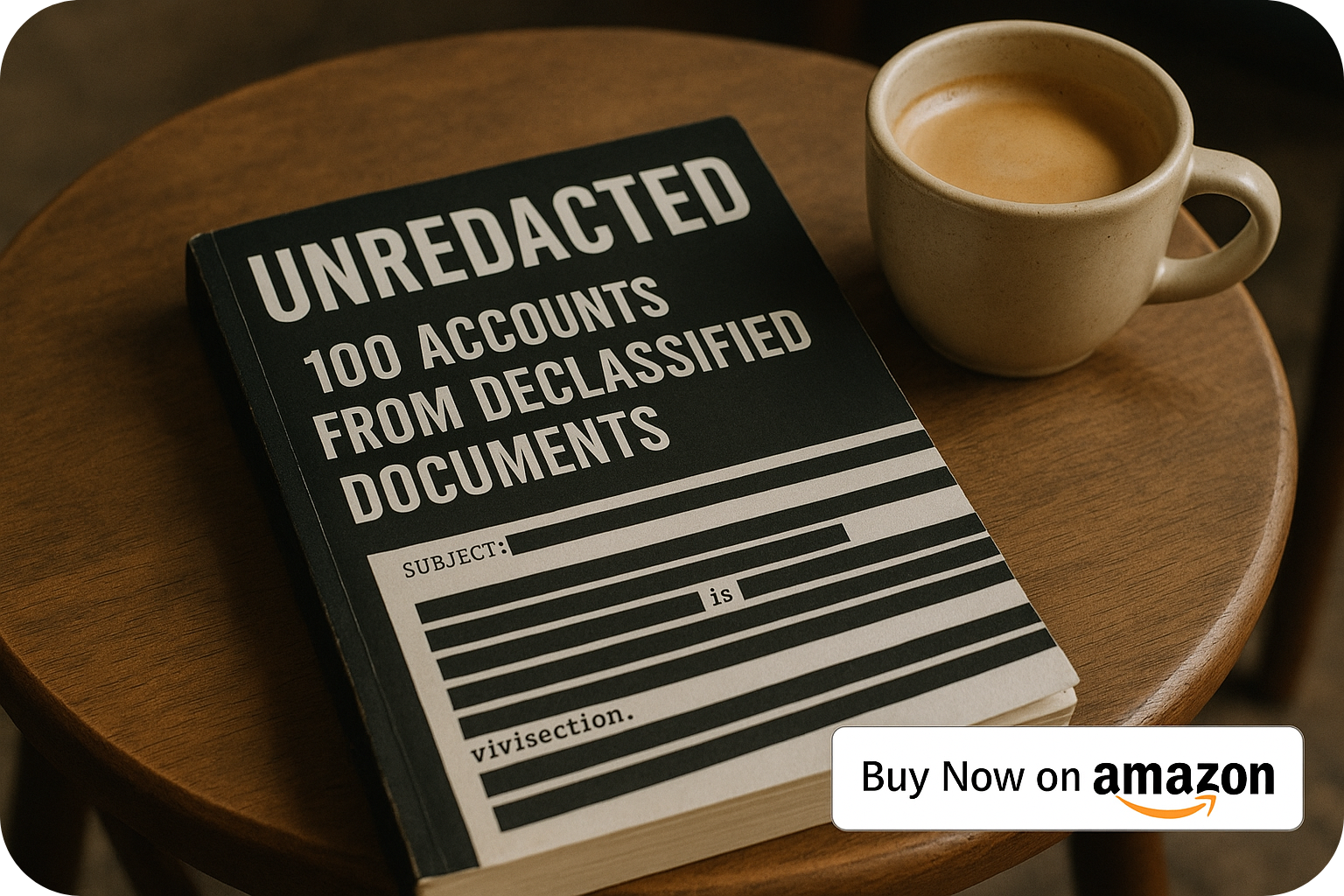A quietly archived intelligence summary-now declassified-offers a rare window into how Jewish communities in Italy reacted to key global events during the Cold War.
The document, dated in the early 1950s, outlines how international developments deeply affected internal sentiment within these tightly connected circles.
Though brief, the document reveals an emotional climate marked by political tension, ideological division, and profound grief over the death of one of the century’s most controversial figures.
📰 Reactions to Stalin’s Death
The report notes that among Italy’s Jewish communities, the death of Soviet leader Joseph Stalin in March 1953 triggered mixed responses.
While many Jewish groups were hostile to Stalinist oppression, especially in light of purges, anti-Zionist campaigns, and Soviet show trials, others, particularly those aligned with leftist or communist ideology, experienced a moment of conflicted mourning.
-
Some Jewish newspapers acknowledged Stalin’s strategic role in defeating Nazi Germany
-
Others emphasized his complicity in suppressing Jewish life behind the Iron Curtain
-
Political disagreements within Jewish circles (between Zionists, socialists, and communists) intensified in the aftermath
The death of Stalin didn’t unite Italian Jews-it magnified their differences.
📌 The Weight of International Events
Italian Jewish communities, still recovering from fascist-era repression and the Holocaust, viewed global political shifts with heightened sensitivity.
According to the report:
-
Anti-Semitic events in Eastern Europe were being closely tracked
-
Zionist-affiliated groups increased their outreach and fundraising for Israel
-
Tensions grew around the issue of Jewish identity under authoritarian regimes
These concerns weren’t abstract-they were deeply personal. Many families had relatives in Soviet or satellite territories, and any hint of repression sparked real fear and political mobilization.
💬 Ideological Crosscurrents
The document also highlights that internal Jewish discourse in Italy was fragmented. Influenced by varying allegiances to political ideologies, religious orthodoxy, and nationalist views.
-
Orthodox leaders warned against communist infiltration of Jewish institutions
-
Secular Zionists focused on support for Israel and its security challenges
-
Some far-left factions continued to defend the USSR despite widespread criticism
This created an undercurrent of tension, especially in cities like Rome and Milan, where multiple factions vied for community leadership.
🕳️ A Snapshot of Postwar Complexity
Though short and factual, the document functions as a microhistory of postwar Jewish identity in Italy. It reflects:
-
A community grappling with competing loyalties
-
The scars of recent persecution
-
The pressure to respond to new geopolitical threats
In its few paragraphs, it captures how even a distant death in Moscow could ripple through the cafés, synagogues, and committee meetings of Rome’s Jewish quarter.

